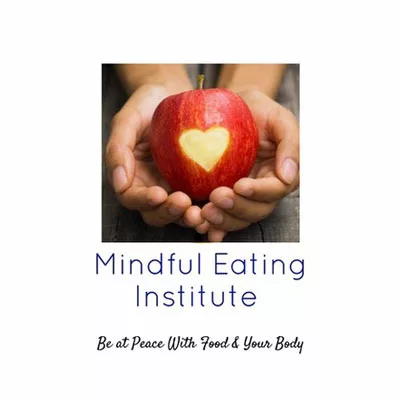 By Petra Beumer, founder of the Mindful Eating Institute and member of NAWBO Santa Barbara
By Petra Beumer, founder of the Mindful Eating Institute and member of NAWBO Santa Barbara
As originally published in California Association of Marriage & Family Therapists newsletter
“The problem of overeating and obesity has reached epidemic proportions in the U.S. and globally, and the high prevalence is due in part to the recidivism associated with weight-loss treatment. Approximately one-third of lost weight is often regained in the first year after treatment and, at times, continues.” —Randomized Clinical Trials of Weight-Loss Maintenance: A Review, The Journal of Cardiovascular Nursing
People are tired of yo-yo dieting and want to have a healthy, relaxed relationship with food. Quick fixes don’t last. Many commercial weight-loss programs are based on behavior change and meal replacements only. Diets increase our inner critic and further disconnect us from our true needs. When emotional eating is not addressed, weight loss is temporary and leaves us feeling more hopeless and frustrated than ever.
A survey asked 1,328 psychologists which strategies were essential to losing weight and keeping it off. They cited that “understanding and managing the behaviors and emotions related to weight management” were critical. More than 70 percent identified cognitive therapy, problem-solving and mindfulness as “excellent or “good” weight-loss strategies. This, according to an online poll by the Consumer Reports National Research Center in partnership with experts provided by American Psychological Association.
Mindful eating promotes mindful self-compassion and self-empathy. It is my belief that a non-diet approach to overeating and obesity is the only long-term way for us to achieve peace with food and our bodies.
Throughout the therapeutic process, we are encouraged to explore the triggers that lead to emotional eating. We develop the tools, strategies and rituals for establishing a healthy relationship with food. The goal is to gain an understanding of how to free ourselves from the “eating instead of feeling” cycle and to transform mind (and body) along the way.
The therapeutic goals are to not use food as a mood regulator and end the familiar pattern of worrying about calories and dieting. We gain an understanding of how the quick reliable “fix” of the emotional eating ritual induces a “trance” state.
We learn to be in tune with our body and to differentiate physical from emotional hunger. The therapeutic process is based on crafting and developing healthy rituals, i.e. taking a walk, talking to friends, having a cup of soothing tea, writing in a journal and understanding the true need for comfort or relief. “I need a treat!” means: “I need a break” or “I need comfort.”
Contrary to the seductive promise of fast weight loss, this kind of deeper workflow takes a minimum of six months to a year. The “heart” of therapy becomes re-mothering, strengthening the self and embracing our small inner child that needs emotional comfort.
In moments of emotional distress, we can use the following practice developed by Dr. Kristin Neff. This practice can be used any time of day or night and will help evoke self-compassion instead of reaching for food.
Self-Compassion Break
After placing both hands on your heart, breathe deeply in and out and speak the following words out loud or silently, in a warm and caring tone:
- This is a moment of suffering.
- Suffering is a part of life.
- May I be kind to myself.
- May I give myself the compassion that I need.
Based on evidence-based research as well as my own experience as a former weight loss coach, I conclude that diets don’t work long-term. Our relationship with food should be the focus of intervention, not the food itself. Without addressing the emotional eating component, weight loss is temporary. We all have the need for comfort and self-soothing. My job as a counselor is to craft new, healthy rituals for the emotional eater who has relied on food as a mood regulator.
About the Author
 Petra Beumer is the founder of the Mindful Eating Institute in Santa Barbara. She has a master’s degree in behavioral psychology and has helped thousands of clients make positive lifestyle changes. Petra has dedicated herself to empowering clients to take better care of themselves, both physically and emotionally.
Petra Beumer is the founder of the Mindful Eating Institute in Santa Barbara. She has a master’s degree in behavioral psychology and has helped thousands of clients make positive lifestyle changes. Petra has dedicated herself to empowering clients to take better care of themselves, both physically and emotionally.
Petra’s specialty areas are weight management, emotional eating and self-care, and in her work, she combines cognitive-behavioral therapy with mindfulness strategies. Her “prescription” for wellness is: To love yourself deeply, to honor your boundaries, to stand in your own light and to be YOU, unapologetically. The goal is to set an intention for finding inner peace and treating yourself with love and self-compassion.
Petra is very passionate about teaching a daily practice of self-nurturing and not using food as a mood regulator. Her focus is on creating new healthy rituals that are sustainable in everyday life. To learn more about her work, visit www.mindfuleatinginstitute.net

